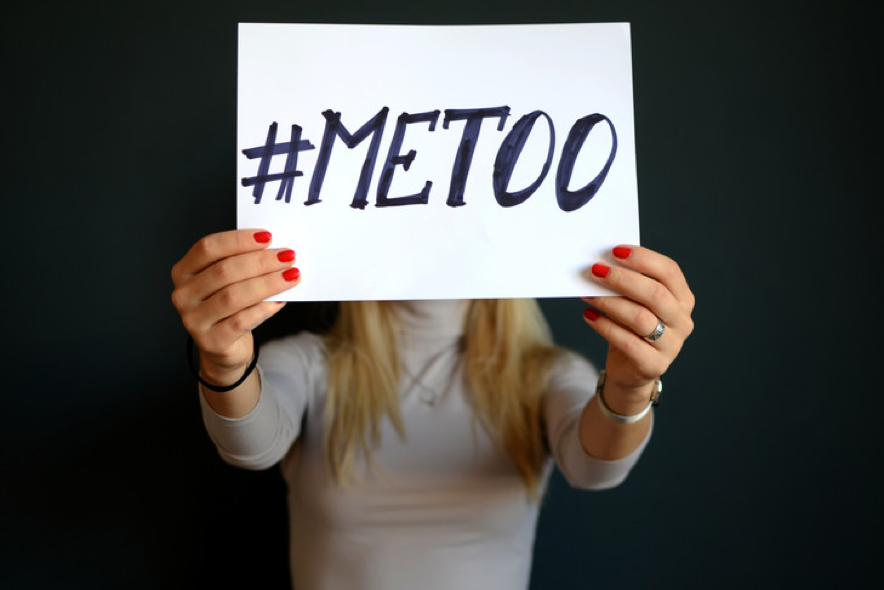In a world witnessing unprecedented shifts in generational dynamics, the once-held belief of a collective ideological path for each generation is being challenged. Welcome to the intricate landscape of Generation Z, where stark ideological divides emerge not only between generations but remarkably within the generation itself. This exploration delves into the gender divergence, global ideological gaps, and the lasting impact of movements like #MeToo, unraveling the complex tapestry of Gen Z’s evolving perspectives.

Public opinion measurement has long relied on the assumption that each generation moves collectively in terms of politics and ideology, sharing similar formative experiences and navigating life’s milestones together. However, a notable shift challenges this conventional wisdom, as evidenced by the apparent contradictions within Generation Z. Despite being often characterized as hyper-progressive on certain issues, Gen Z demonstrates surprising conservatism on others. According to Alice Evans, a visiting fellow at Stanford University and a leading researcher, the key to understanding this lies in recognizing a significant gender divergence within the generation. Instead of being a unified bloc, Gen Z is better understood as two distinct sub-generations, with young women and men holding disparate ideological views.

This gender divergence is not limited to a specific region but has manifested globally, creating an ideological gap between young men and women in various countries. Gallup data from the United States indicates a substantial 30-percentage-point difference in liberal views between women aged 18 to 30 and their male counterparts. Similar gaps are observed in Germany (30 points) and the UK (25 points). Even in Poland, a stark contrast emerges, with nearly half of young men aged 18-21 supporting the hard-right Confederation party compared to only a sixth of young women. This trend extends beyond the Western world, with South Korea, China, Tunisia, and other nations exhibiting pronounced divisions. The origins of this divergence are traced back to this kind of movement, which catalyzed a rise in feminist values among young women or men globally, sparking a reevaluation of deeply ingrained societal norms.

The consequences of this ideological divergence are profound, with societies experiencing fragmentation and polarization. South Korea serves as a stark example, where young men and women’s divergent political affiliations have led to a societal split, impacting marriage and birth rates. That movement, which initially triggered this shift, has now evolved into a self-sustaining force influencing attitudes beyond gender-related issues. Young women, influenced by these progressive values, take more liberal positions on topics such as immigration and racial justice compared to their male counterparts. This widening ideological gap, compounded by the prevalence of smartphones and social media, has led to the creation of separate cultural spaces for young men and women. As these ideological differences persist and deepen, the potential long-term repercussions on societal dynamics and future generations become increasingly significant, extending far beyond the realm of political participation and vote counts.

As the dust settles on the tumultuous terrain of Generation Z’s ideological landscape, a clear pattern emerges: a generation divided within itself, transcending global borders. The gender divergence, triggered by movements like #MeToo, has left an indelible mark, reshaping political affiliations and societal norms. The widening ideological gap, fueled by technological advancements, suggests that the consequences of this generational evolution are profound and enduring, promising a legacy of nuanced perspectives that will echo through the corridors of time.

